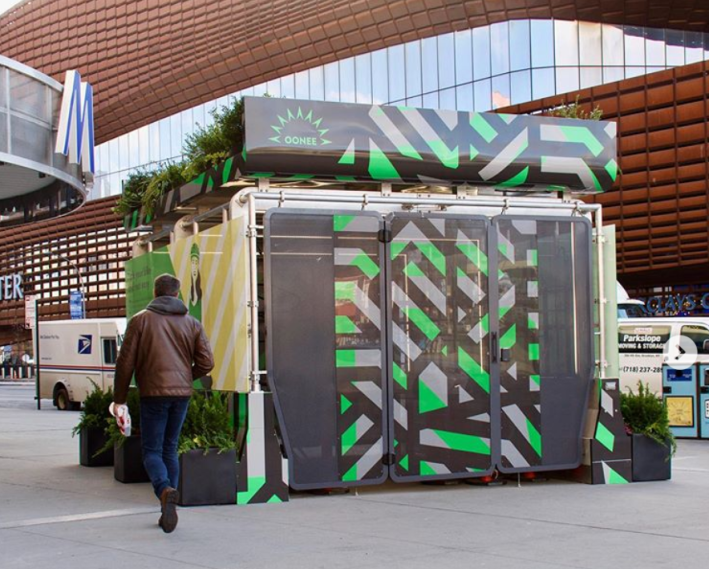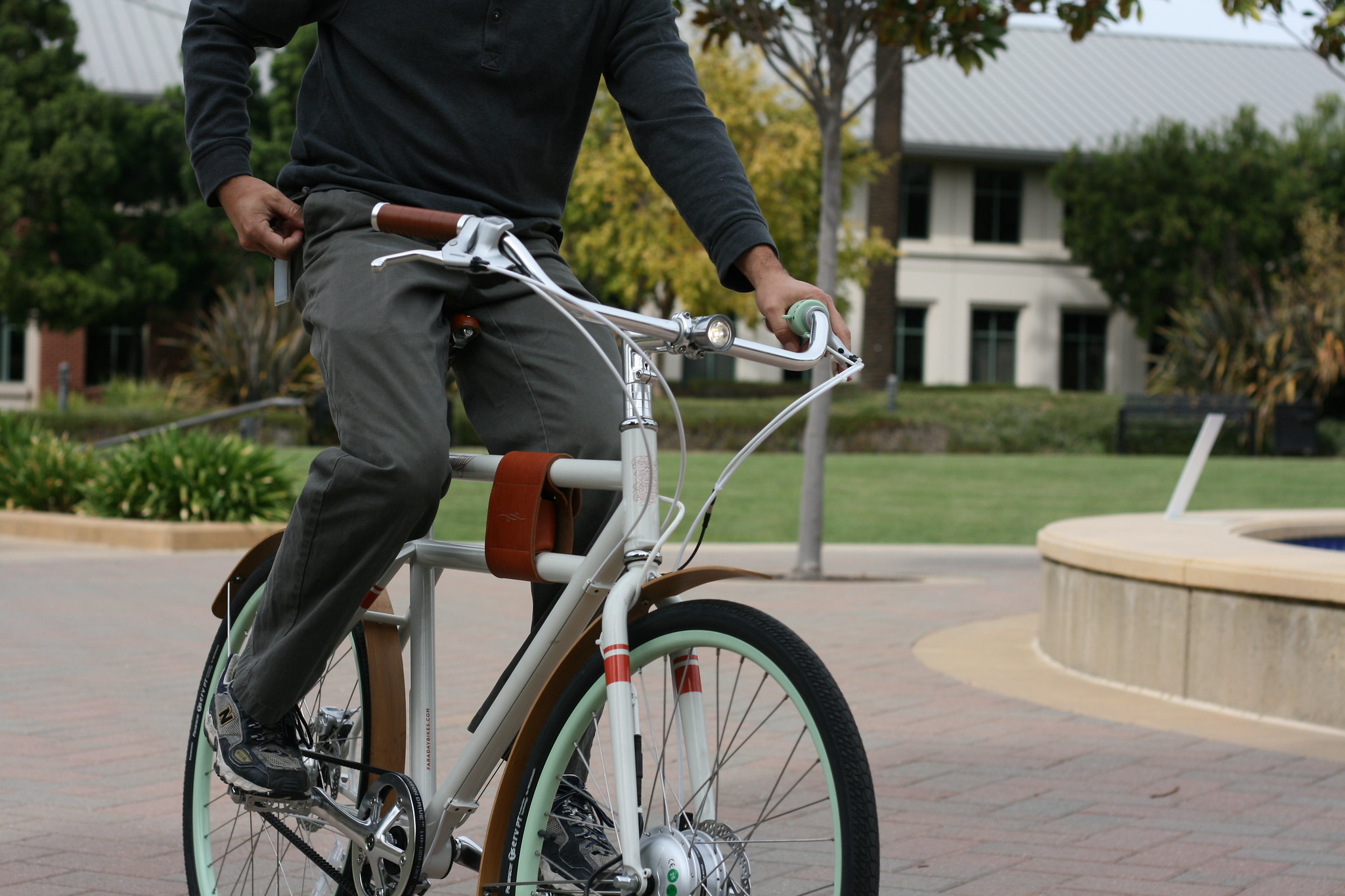A few years ago I came across an article in North by Northwestern, Northwestern University's student newspaper, about electric bicycles. At the time I wasn't considering buying a bike, let alone an e-bike, but thought it was cool that some people were choosing to invest in them. Fast forward to the present, and I'm considering an e-bike.
I wish I had a more positive reason for wanting one, but I hope that riding an e-bike would decrease the amount of driver harassment I'm exposed to. A network of physically protected bike lanes would be the ultimate solution, but city officials don't currently seem to view this as a priority. An e-bike would allow me to travel up to 20 mph and keep up with cars more easily. (A Chicago ordinance passed last year permits e-bikes to be ridden on bikeways, as long as the cycle is less than 125 pounds, with the motor providing assistance only when the rider is pedaling, that stops providing assistance when the bike reaches 20 mph.)
E-bikes are coming to the Divvy fleet this year and may serve as a gateway to more people buying their own electric cycles. E-bike sales are expected to grow over the next decade. My hope is that more and more Americans will connect their transportation choices to their desire to see action on climate change and decide to push for safe cycling infrastructure. If we transform our streets into the safe and efficient spaces for active and sustainable transportation they can be, e-bikes will be part of that environment.
E-bikes can keep older adults more active or help them create a healthy lifestyle. The cycles can allow those with mobility challenges to continue biking. E-bikes can help people feel more confident riding in mixed traffic. And they enable folks to travel longer distances.
E bikes are all right. My dad, nearly 84, probably would’ve otherwise retired from cycling by now in my hilly Pennsylvania hometown, but thanks to his electric bike, he still rides daily for transportation. pic.twitter.com/yQhOnOHnWc
— John Greenfield (@greenfieldjohn) March 2, 2020
There are so many advantages to e-bikes vs electric cars. One important fact that gets overlooked in the discussion of electric cars is the resource-intensive process to produce them. And while electric cars may help improve the air quality in cities, they're still a potential traffic safety threat, they don't do anything to reduce traffic jams, and they still require lots of space for parking, just like regular automobiles. Instead of depending on electric cars to reduce our transportation emissions, we can start implementing policies and creating infrastructure that will help get more people on bikes and public transit.
Here are more changes the city can make to help get more people on e-bikes and bikes in general:
- Require bike rooms in newly constructed multifamily buildings. Even better would be requiring charging stations for e-bikes as well.
- Create and/or allow innovative bike parking in residential areas and in commercial corridors. During my short stint working for the city of Chicago as a Bicycling Ambassador, I met a woman in Hyde Park who lamented a lack of bike parking in the neighborhood and was worried about her $1,000+ bike being stolen. Some potential buyers of e-bikes are rightly worried about theft, so more secure parking options could make more folks to feel confident investing in an e-bike. I discussed on-street bike hangars in a previous post and have since become aware of more bike storage options. The company Ooneepod has installed free-standing modular bike storage units. They were featured in NYC Streetsblog about two years ago. I like that the units are attractive, easy to construct, offer video security, and the ability to use one’s smartphone to enter and exit the unit. Unfortunately the units currently rely on vertical storage hooks. E-bikes are generally heavier than regular bikes, so vertical storage could be impractical for them, especially for people with physical challenges or smaller, but Ooneepod still a company worth keeping an eye on and inviting to do business in the city.

- Another option for more secure bike storage would be individual bike lockers. I would love to see these assigned to residents while also leaving some available lockers for visitors. There could be a nominal membership fee that allows people to access lockers all across the city, After I purchased my own bike, I had to think about whether or not there would be a secure and approved spot to lock my bike when visiting friends. Last summer urban planner and real estate analyst Kyle Terry pointed out the need for secure bike storage in Hyde Park, so that fewer folks would have to resort to locking their bike to their building's fencing.
- Provide tax incentives to small and mid-size businesses that invest in e-bikes.
- Encourage e-bike use for package delivery, essentially replacing many of the FedEx, UPS, DHL, and Amazon trucks with bike delivery.
- Offer incentives to residents to purchase e-bikes, such as vouchers or a reduction in sales tax.
- Build a network of protected bike lanes
Did I miss anything? Have you purchased an e-bike or are you considering purchasing one? Let us know in the comment section.





